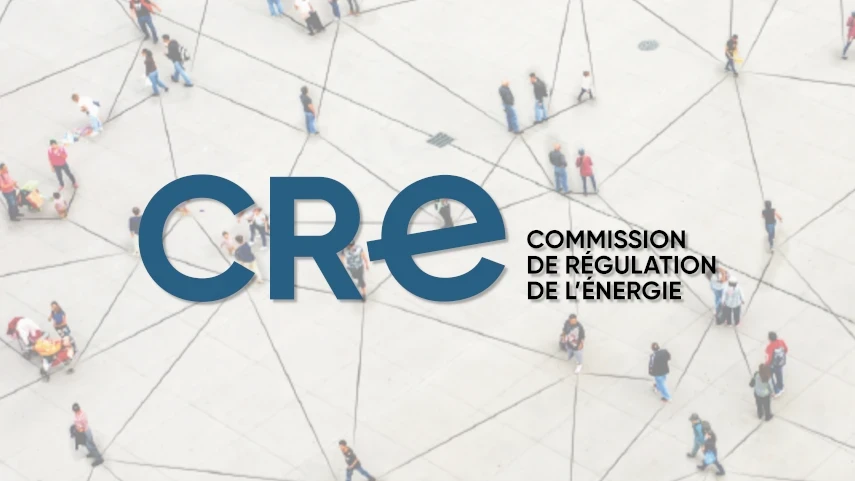CRE, the French Energy Regulatory Commission, was created on 24 March 2000. Its role is to ensure that the electricity and gas markets in France function smoothly, for the benefit of end consumers and in line with energy policy objectives.
2 Independent Bodies
The collegial board
Five commissioners, appointed for their legal, economic and technical qualifications, determine the main orientations and adopt decisions and opinions based on expert assessments from the various departments, under the authority of the president and chief executive.
CoRDiS
The Dispute Settlement and Sanctions Committee, known by its French acroynm “CoRDiS” (Comité de règlement des différends et des sanctions), comprises four members, including two members of the Conseil d’Etat (French Council of State), and two judges from the Cour de cassation (France’s Supreme Court). They are tasked with settling dis-putes concerning access to and use of the public electricity and gas networks between operators and users, and also with penalising infringements of the Energy Code.
Statut
An independent administrative authority
Our key figures
-
160 Full-time equivalent (except collegial board)
as of 31st December 2024
-
237 CRE deliberations in 2024
-
80 board meetings
-
33 decisions by the CoRDiS
-
46 market participants heard by the collegial board
-
42 referrals to the CoRDiS
-
17 public consultations
-
20 appearances by the president
chief executive and departments of CRE before the French parliament
-
24 millions of euros budget in 2024
CRE’s operating budget is proposed by the commission to the French Finance Minister, and subsequently included in finance legislation. The funds allocated are accounted for in the general public sector budget. CRE is subject to over-sight by the Cour des comptes, the French Court of Auditors.
Values
Roles
It regulates
electricity and gas networks and infrastructures
It ensures
that the electricity and gas markets work properly
It operates
the main support mechanisms for renewable energies
It enlightens
the public debate on major energy challenges
Key Dates
